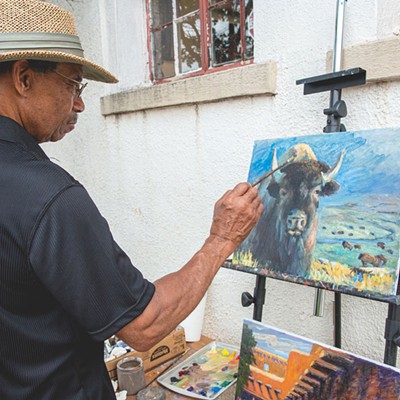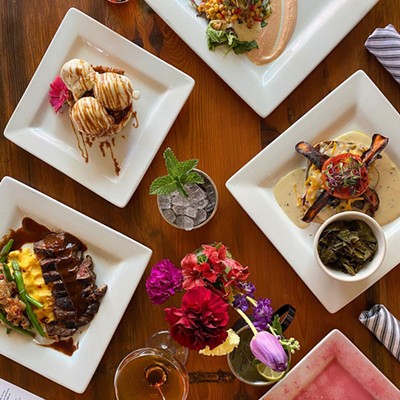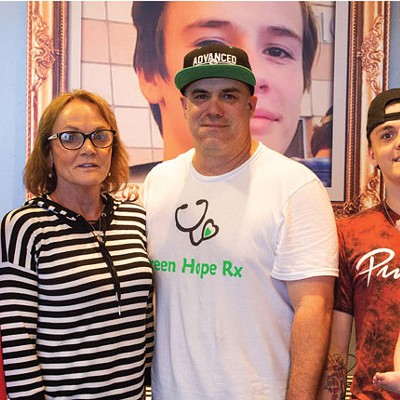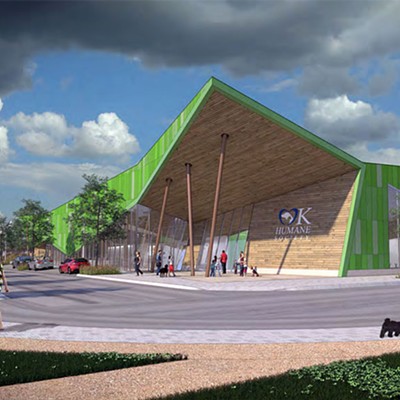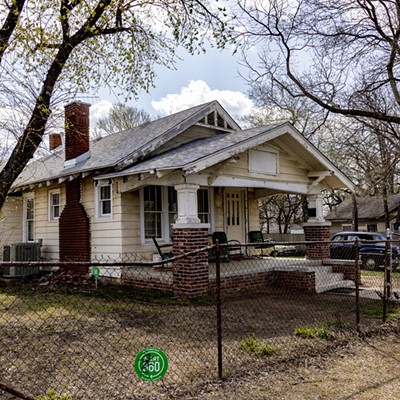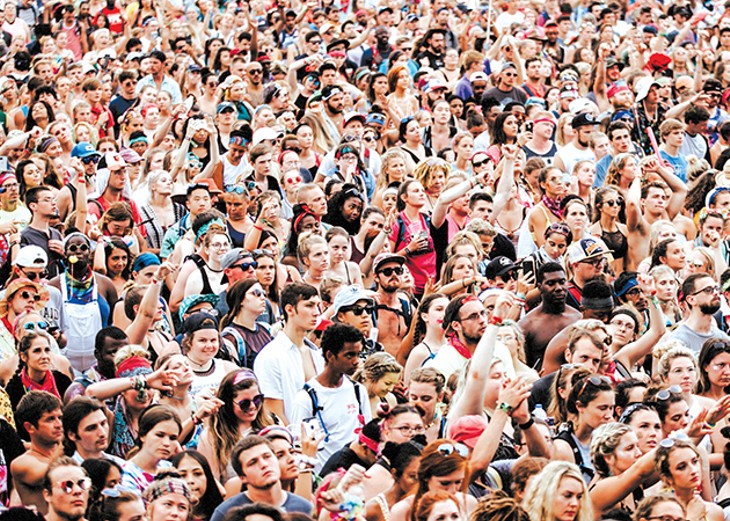
If Oklahoma’s liquor laws have seemed like something out of the Prohibition era, they were for years. When Prohibition was repealed in 1933, Oklahoma kept it around for another 26 years.
Since, Oklahoma has been slower than most states in loosening its liquor laws. However, in November 2016, Oklahomans voted themselves firmly into the 21st century with the passage of State Question 792.
SQ792, which passed with just over 65 percent of the vote, legalized the sale of strong beer and other types of alcohol in grocery stores, allowed beer to be kept cold in stores and allowed breweries to sell their full-strength products at festivals and other public events.
This also means the Alcoholic Beverage Laws Enforcement (ABLE) Commission no longer draws a legal distinction between 3.2 alcohol by volume (ABV), or low-point brews, and strong beer.
Spring marks the beginning of festival season, so while the changes took place in October, many street festivals are now making adjustments to their vendors and procedures for the first time.
Prior to the passage of the bill, street festivals sold only 3.2 ABV beer, which was licensed by the county court clerk.
Now, licenses will be issued by ABLE, which is something assistant director Brent Fairchild said is being easily incorporated into the agency’s other duties.
“You do have to do a little research here and there,” Fairchild said, “but for the most part, it’s not been a difficult change.”
Changes to the law appear straightforward: Those selling alcohol at public events must have a license.
While ABLE might have incorporated the new legislation easily, many festival organizers are having a harder time with the transition.
Paseo Arts Festival works under charitable event licenses, which, according to executive director Amanda Bleakley, made the shift less complicated.
Bleakley said she was able to find the information she needed with just a call to ABLE, but other festivals might not be so lucky.
“Where I think it’s really going to be tougher is for those who are not a nonprofit because they have to take it a step further,” Bleakley said. “Their servers are supposed to have licenses.”
Some concern is not unusual for festival organizers as they double-check that they have dotted all their i’s and crossed all their t’s in accordance with the new laws.
“Everybody is still confused on how to move forward, and we’re all kind of hoping that we’re doing everything correctly,” Bleakley said. “I think there’s still some anxiety.”
Oklahoma Gazette contacted both for-profit and nonprofit street festival organizations. Of the nine festivals contacted, four responded to interview requests and two declined to comment.
According to Fairchild, ABLE has not seen a particularly high level of confusion from festival organizations.
“Most of our folks that have festivals and outdoor events are already aware of what they need to do,” he said.
Other than the number of permits and licenses being filed, Fairchild has not seen much change at ABLE in the wake of SQ792.
Brew fest
Though City of Oklahoma City held a question-and-answer session in Fall 2018, it left many people unsure of how to proceed. The process has been easier for some more than others.Norman Music Festival, for example, is barely feeling the change at all. This year, a selection of local craft beers will also be available.
“I think the Norman Music Festival is really lucky,” said Norman Music Alliance executive director Shari Jackson.
Some of the procedural changes that need to be made when selling strong beer have been in place at Norman Music Festival for years.
Allowing high-point beer to be sold on festival grounds means they must have a clearly defined perimeter, entrance and exit, which were already a part of the festival’s standard procedure.
“It’s going to require a little more effort on our part this year,” Jackson said, “just tightening up a few spots, but I really think we’re in good shape.”
For other events, making the change was more difficult. Jackson cited Norman’s Campus Corner as an example.
“It was a big learning curve for game day,” she said. “We had a lot to learn really quickly.”
Opening season
Jackson and Bleakley see the changes as having an overall positive effect on their festivals. For Jackson, the ability to purchase strong-point beer adds to the experience.“I really like that people can enjoy some of the craft brewers of Oklahoma,” she said, “and being able to enjoy a beverage that may or may not be alcoholic along with your food and music is just a part of the experience.”
Bleakley hopes that going through ABLE will allow them to get started on the licensing process earlier in the year, which will save the festival time and hassle.
Before obtaining a state license, festivals must have a county license and have both before they can apply for a city license.
Under the new law, the county license can be acquired in advance, which makes the process easier.
“It was a bit of a challenge, especially when you have so many things going on at a large outdoor event like ours,” Bleakley said.
SQ792 appears to be a welcome change for festival organizations, which now have greater freedom in the variety of beer they can sell. For those that are prepared, SQ792 is a series of modernizations long overdue; for those that are not ready, the clock is still ticking.

